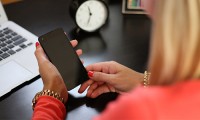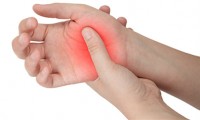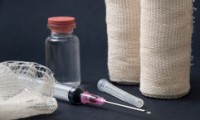-
Is mHealth Monitoring for Hypertension Safer Than the Doctor’s Office?
- Source: mHealthIntelligence
- 1,461
- April 23, 2018
-
Artificial pancreas is a safe and effective treatment for type 1 diabetes
- Source: MedicalXpress
- 827
- April 19, 2018
-
Portable Cancer-Detecting Device Being Developed By Korean Startup
- Source: International Business Times
- 2,165
- April 13, 2018
-
App accurately tracks Parkinson’s disease symptoms
- Source: MobiHealthNews
- 944
- April 11, 2018
-
This DARPA-Developed Brain Implant Can Help Recover Your Memories
- Source: Popular Mechanics
- 1,041
- April 9, 2018
-
Hydrogel delivery enables long-lasting, ‘flare-responsive’ arthritis treatment
- Source: fiercebiotech
- 737
- April 8, 2018
-
Quick-acting ‘injectable bandage’ developed from seaweed
- Source: upi
- 762
- April 8, 2018
-
Overriding EHR Alerts May Up Adverse Drug Events
- Source: MedPageToday
- 901
- April 6, 2018
your submission has already been received.
OK
Subscribe
Please enter a valid Email address!
Submit
The most relevant industry news & insight will be sent to you every two weeks.













